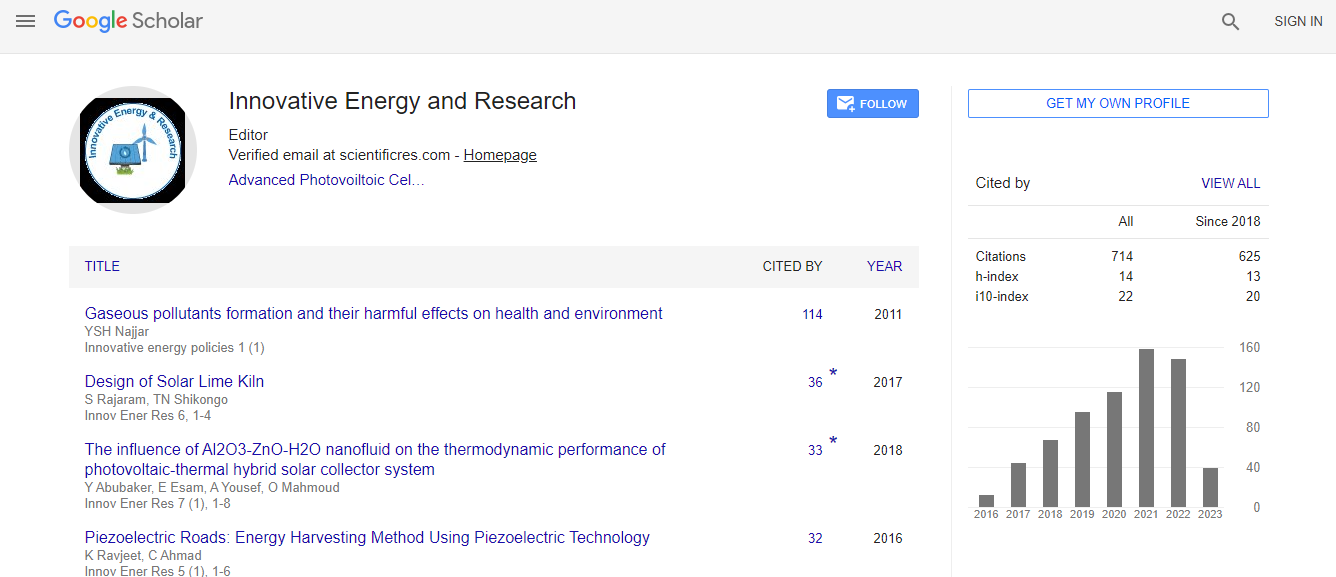Research Article
Towards a Post-carbon Future: Benchmarking of 10 European Case Study Cities
Selada C*, Silva C, Almeida AL and Guerreiro DINTELI–Inteligência em Inovação, Centro de Inovação, Portugal
- *Corresponding Author:
- Selada C
INTELI–Inteligência em Inovação, Centro de, Inovação, Portugal
Tel: +351 217 112 210
E-mail: catarina.s@inteli.pt
Received date: May 31, 2016; Accepted date: August 31, 2016; Published date: September 06, 2016
Citation: Selada C, Silva C, Almeida AL, Guerreiro D (2016) Towards a Postcarbon Future: Benchmarking of 10 European Case Study Cities. Innov Ener Res 5:140.
Copyright: © 2016 Selada C, et al. This is an open-access article distributed under the terms of the Creative Commons Attribution License, which permits unrestricted use, distribution, and reproduction in any medium, provided the original author and source are credited.
Abstract
Considering the urgency of global climate change and other environmental, social and economic pressures, it is presumed that a new system is needed–the post-carbon city. Through their adaptive capacity, post-carbon cities use the threat of climate change as an opportunity to reduce vulnerability as they restructure humanecological and human-human relationships toward ecosystem health and a clean energy economy.
This article intends to analyse this transition process towards a post-carbon city model in 10 European case study cities (Barcelona, Copenhagen, Malmö, Istanbul, Lisbon, Litoměřice, Milan, Turin, Rostock and Zagreb) based on a set of environmental, economic and social Key Performance Indicators (KPI).
Through the analysis of the KPI, namely reference indicators such as energy efficiency and GHG emissions indicators, it is possible to identify groups of cities with different stages of development in the transition towards a post-carbon city, namely: Group 1 (Copenhagen, Malmö and Rostock), Group 2 (Milan, Turin and Barcelona), Group 3 (Istanbul and Zagreb) and Group 4 (Lisbon and Litomerice).
Copenhagen and Malmö are at the forefront of this sustainable trajectory. These cities have clear strategic visions in the area of urban sustainability, and are implementing several projects on mobility, energy and climate with positive impacts.
This work has been developed under the framework of the POCACITO–“Post-carbon Cities of Tomorrow” project, supported by FP7 of the European Commission (EC).

 Spanish
Spanish  Chinese
Chinese  Russian
Russian  German
German  French
French  Japanese
Japanese  Portuguese
Portuguese  Hindi
Hindi 
